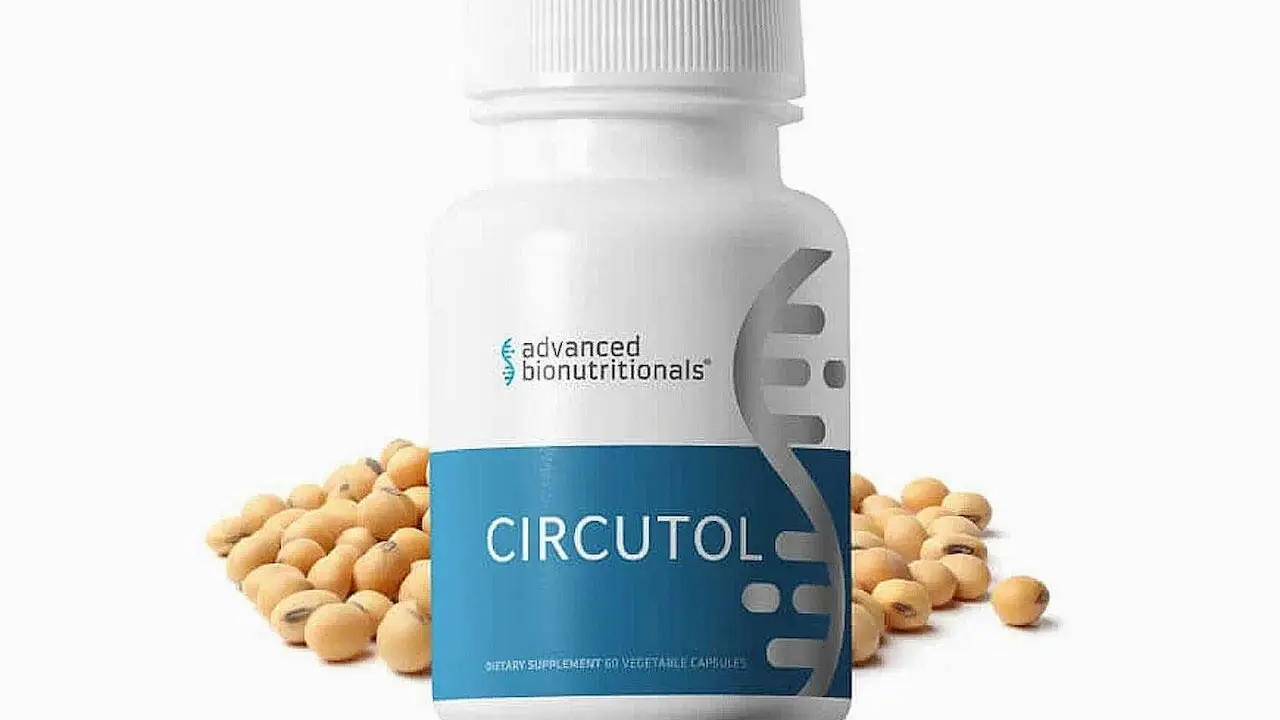Dietary supplementation: how to choose smart, safe supplements
Want to use supplements without wasting money or risking your health? Good—this page cuts straight to practical steps. Supplements can help fill real gaps, but they aren’t magic. Use them only when you know why, how much, and how they interact with meds or health conditions.
Start with a test and a plan
Before buying anything, ask: do you have a deficiency or a clear reason to supplement? A simple blood test for vitamin D, B12, iron or thyroid function gives you a baseline. If you’re pregnant, trying to conceive, elderly, or taking prescription drugs, talk to your clinician first. That keeps you safe and prevents unnecessary purchases.
After testing, make a short plan. Pick one or two supplements that match the issue—don’t pile everything into your cart. Track what you take and the effects for 4–12 weeks, then reassess with repeat testing if needed.
Practical picks and sensible doses
Here are common, useful supplements and easy starting points. These are examples, not prescriptions—adjust after testing or medical advice.
- Vitamin D: Many adults benefit from 1,000–2,000 IU daily if levels are low, but test first. High-dose regimens need supervision.
- Omega-3 (EPA+DHA): 250–1,000 mg combined daily for general health; higher doses may be used for specific conditions under guidance.
- Magnesium: 200–400 mg daily of magnesium citrate or glycinate helps sleep, cramps, and bowel regularity. Start low to avoid loose stools.
- B12: 500–1,000 mcg daily (oral) or lower injection doses if you’re deficient—older adults and vegans often need it.
- Protein powders: 20–30 g post-workout boosts recovery. Check the protein source and added sugars.
- Creatine monohydrate: 3–5 g daily for strength and brain support—well-studied and safe for most people.
- Probiotics: look for documented strains and 1–10+ billion CFU depending on the product and goal; use specific strains for targeted issues.
For iron, folate, hormone-related supplements, or high-dose vitamins, always consult a clinician before starting.
Label-reading tips: check the active ingredient and amount (not just the pill weight), serving size, expiration, batch number, and whether an independent lab certifies the product (USP, NSF, ConsumerLab). Avoid products that hide doses behind “proprietary blends.”
Watch for interactions: calcium can block levothyroxine; vitamin K affects warfarin; St. John’s wort interferes with many drugs. If you take prescriptions, review supplements with your pharmacist or doctor.
Quality matters more than hype. Prefer third-party tested brands, keep bottles in a cool dry place, and discard past-expiry supplements. If you feel new symptoms after starting a product—rash, stomach upset, palpitations—stop it and check with a professional.
Want a simple rule? Test first, start small, choose quality, and reassess. That keeps supplements useful, safe, and cost-effective—exactly what they should be.

